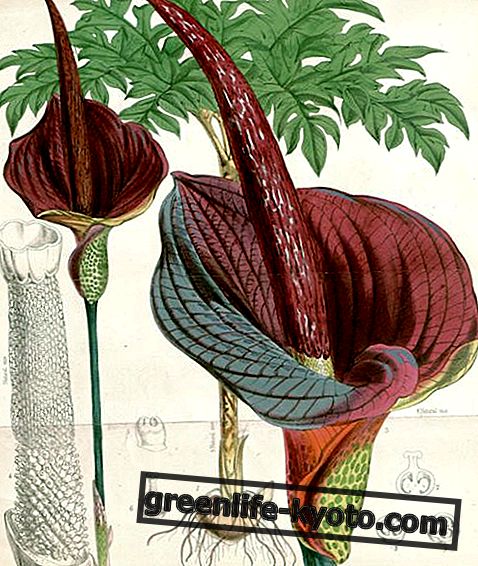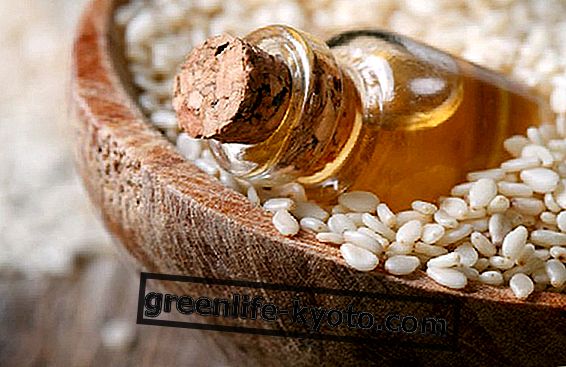
Causes and symptoms of cystitis
Cystitis is an acute or chronic infection of the bladder . Microorganisms in most cases arrive at this organ by ascending, coming from the urethra or external genitalia.
Cystitis is more frequent in the female sex due to the greater brevity of the urethra and the possible recurrence of vulvo-vaginal infections. When present, it manifests itself with frequent, painful and scarce urination, a burning sensation when urinating, incomplete emptying and / or weight in the pubic region. The presence of chills, followed by high fever and sweating, low back and abdominal pain, indicates a rise of the infection towards the kidney, and the progressive onset of a pyelonephritis .
However, the bladder is usually very resistant to infections, which therefore can occur mostly following predisposing conditions that favor the stagnation of urine in it, as for example occurs in humans in the case of prostatic hypertrophy; even the existence of infectious / inflammatory phenomena affecting neighboring intestinal organs, such as colorectal and appendix, can favor the occurrence of episodes of cystitis by contiguity.
The chronic form very often is the result of an acute neglected or poorly treated form: in it the bladder can present itself ulcerated or hardened and inextensible, or they can be formed in its interior of the growths (granular, polypoid, follicular and cystic cystitis).
Traditional therapy uses, in the acute forms, targeted antibiotic therapies and consequent to a cultural examination, therapies that however often favor the return of the symptoms, also for modification of that intestinal flora, that often represents the best bulwark to the repetition of the infections.
The same antibiotics are often used at constant dosages, but certainly lower, just to avoid the continuous repetition of infections, in the chronic forms, as well as, always in the same, natural substances are used able to act on the lipid film of the bladder wall or on the degree of acidity of the environment, especially in abacteric cystitis, particularly common in female sex after menopause.
Homeopathic remedies against cystitis
In acute cystitis, there are many homeopathic remedies that can substitute common antibiotics with equal efficacy but fewer side effects, based on the prevalence of one symptomatology rather than another:
- Cantharis is the main remedy of the forms in which the burning sensations prevail when urinating, and of those hemorrhagic forms that indicate an initial lesion of the organ wall;
- Mercurius when the patient urinates little and often, and in all the forms that show progressive involvement of renal function;
- Sepia is indicated in those forms where it is mainly the sense of local heaviness, and the lower abdomen, which expresses bladder involvement;
- Finally, Staphysagria is used in the honeymoon cystitis and in those forms in which the burning sensation ceases urinating.
Then where the infections are constantly caused by a bacterium that is the usual, and often harmless, host of our organism, Escherichia coli, an atypical homeopathic remedy is often indicated and successful, and more than anything else specific for this type of infection, which is the Colibacillinum .
In chronic cystitis, the homeopathic approach is certainly the one that is most likely to succeed, since an analysis aimed at the whole organism, and therefore not only at the organ that is the site of pathology, will always allow us to identify in predisposing conditions placed upstream of the same, or also linked to the particular vertebral static, the real conditions to be treated to reach a truly effective cure.
In fact, the over- exhaustion of the hepatobiliary function often presupposes a state of congestion, over time, of the pelvic organs which causes alterations of the intestinal flora and changes in local conditions, thus favoring the proliferation of microorganisms, often only weakly pathogenic; other times, instead, repeated postural alterations produce misalignments and protrusions of the intervertebral discs, above all at the lumbar level, where the complex neurological systems that regulate the function of the pelvic organs are found.
Ultimately, therefore, in the chronic forms, the only local approach - which in homeopathy finds indication, like traditional medicine, only in acute forms - cannot in the long run give excellent results because it ends up neglecting neighboring functional aspects, and certainly favoring the onset of bladder symptoms.













